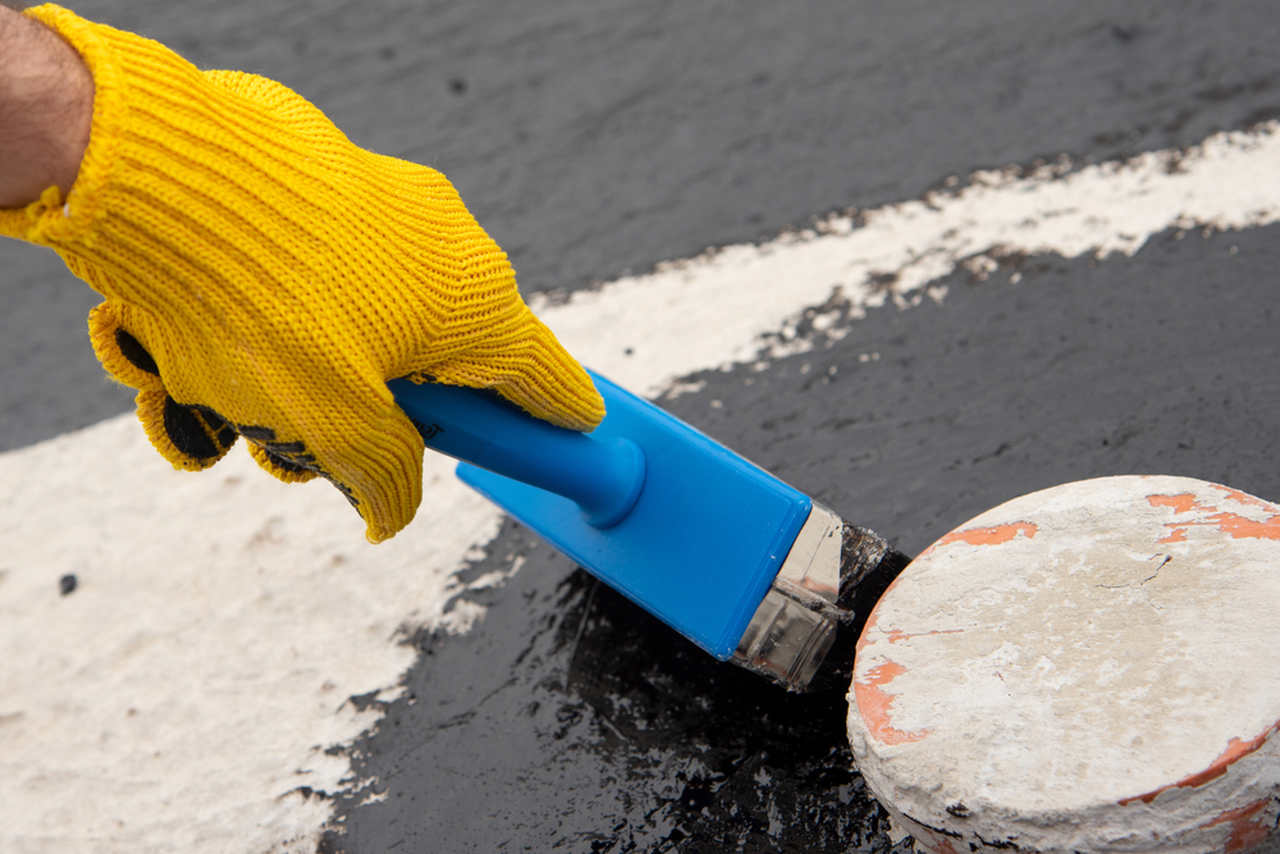A Price of Waterproofing Solutions: Is It Worth It?

Waterproofing is often an neglected aspect of home and construction maintenance, yet its significance cannot be overstated. For homeowners and landlords alike, grasping the significance of waterproofing is essential to protecting the durability and endurance of structures. From preventing wet basement Toronto to mitigating mold formation, effective waterproofing strategies play a crucial role in protecting your investment. This article will examine the different aspects of waterproofing, showcasing why it is imperative for each house and construction.

As we journey through the field of waterproofing, we will dive into the ultimate guide to what you need to know, from recognizing signs your building requires immediate care to common myths that require examination. Whether you are looking into DIY solutions or employing a contractor, understanding the costs and benefits of waterproofing can save you thousands in potential repairs. Join us as we reveal the numerous elements of waterproofing and assess whether the cost is truly valuable for your real estate.
Significance of Waterproofing Techniques
Waterproofing is an crucial aspect of upholding the integrity and longevity of a home or structure. It serves as a barrier against water, preventing liquid from seeping into materials where it can cause major problems. This is particularly vital in regions prone to heavy rainfall or water accumulation. Not only does waterproofing protect against moisture problems, but it also improves the strength of materials used in building, ultimately safeguarding your investment.
Overlooking the need for moisture protection can lead to a range of difficulties, including mold, structural issues, and increased repair costs. Water penetration can weaken foundations and foster unhealthy habitats due to wet settings. By diligently waterproofing your building, you can prevent these financially burdensome repairs and provide a safe and healthy environment for your family or residents.
In addition to preventing damage, waterproofing can also enhance the efficiency of energy usage in homes. By keeping out moisture, you minimize the likelihood of heat loss and can maintain a consistent indoor climate. Browse around this site leads to a more pleasant home environment but also results in lower utility costs, making waterproofing not just a protective measure, but also a financially wise decision.
Cost-Benefit Analysis of Waterproofing
Investing in waterproofing can feel daunting at first sight, particularly when property owners consider the upfront costs. However, the long-term savings linked with moisture proofing generally outweigh these initial expenses. For example, properties that are adequately waterproofed are less likely to suffer from water damage, mold, and building deterioration. By averting these issues, property owners can avoid expensive repairs and save thousands of dollars in restoration and refurbishment work that may be necessary for a neglected property.
The advantages of moisture proofing go beyond mere cost savings. Numerous homeowners find that moisture-proofed spaces contribute positively to their overall comfort and property value. For example, a dry and well-maintained basement not just provides extra usable space but also boosts the property's appeal. Additionally, areas that are resistant to moisture reduce the chance of health-related issues stemming from mold and mildew, leading to a more wholesome living environment for residents.
In addition, moisture proofing can lead in enhanced energy efficiency. Wet or damp structures can lead to higher heating and air conditioning costs, as moisture can harm insulation and overall climate management. By investing in suitable waterproofing techniques, property owners may discover lower utility bills in parallel to the improved comfort of their homes. Assessing the comprehensive cost-benefit analysis reveals that focusing on waterproofing can yield substantial returns on investment over time.
Determining the Best Moisture-Proofing Strategies
Selecting the best moisture-proofing solutions for your home requires a detailed grasp of your particular needs and the environment. Consider considerations such as the regional weather, soil types, and the nature of building you possess. For illustration, if you reside in an area prone to heavy precipitation or flooding, you might require a more resilient outdoor waterproofing system to shield against water infiltration. Conversely, for regions with less severe conditions, indoor options may be adequate to manage moisture amounts.
Afterward, assess the various types of waterproofing methods on the market. Interior waterproofing techniques, such as coatings and membranes, can be efficient in preventing moisture from infiltrating surfaces and floors. Conversely, outdoor waterproofing usually involves digging and installation of drainage solutions, which can be more expensive but provides sustained protection. It's essential to weigh the pros and cons of each technique, considering factors like cost, effectiveness, and the inconvenience each technique may cause during setup.
In conclusion, seek advice from specialists to ensure you choose the most appropriate materials and methods tailored to your specific context. A qualified moisture-proofing contractor can assess your home, suggest appropriate solutions, and provide valuable insights into the newest advancements. Note that, investing in the right waterproofing solutions now can avoid expensive repairs in the long run, safeguarding your property from water damage and boosting its durability.
